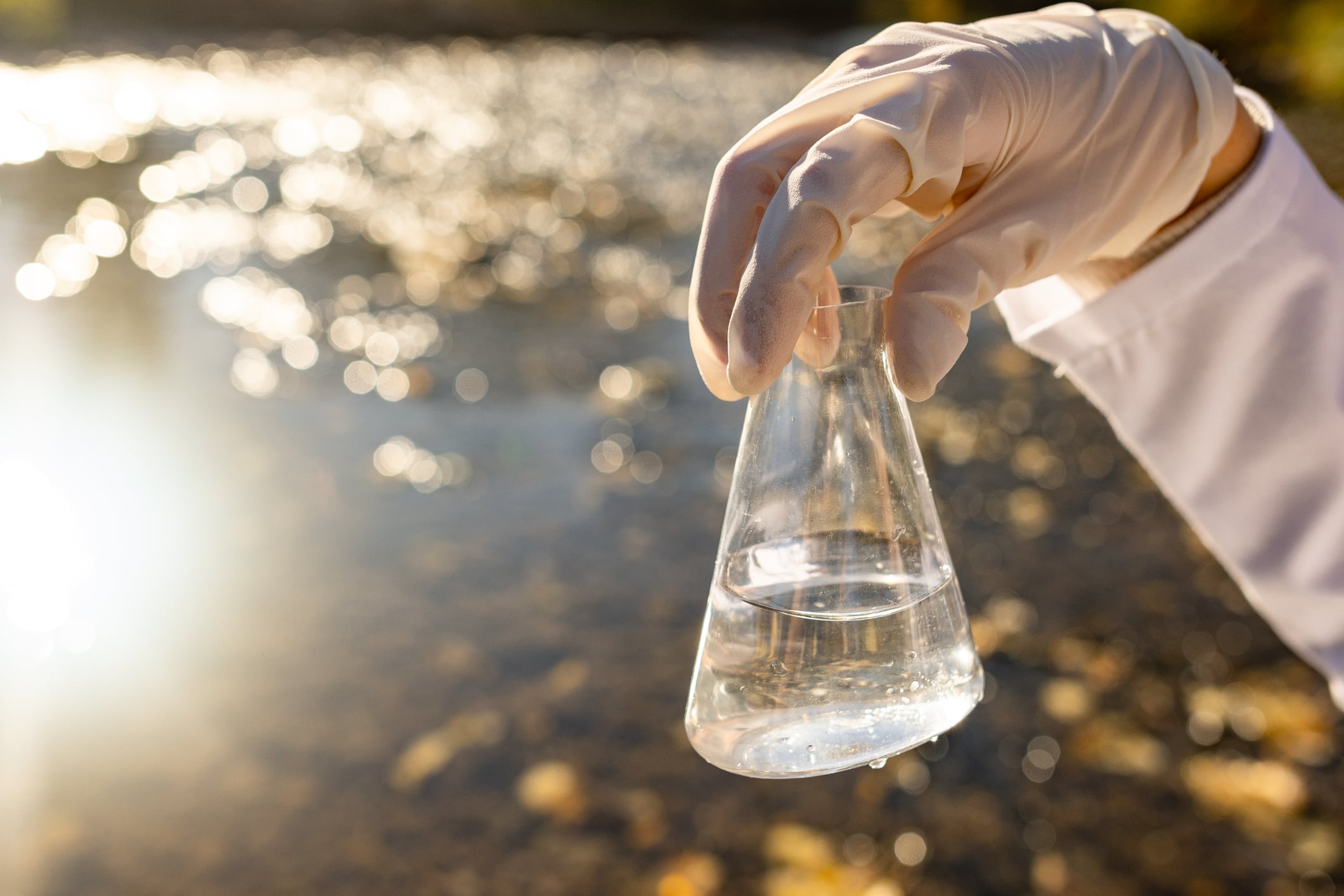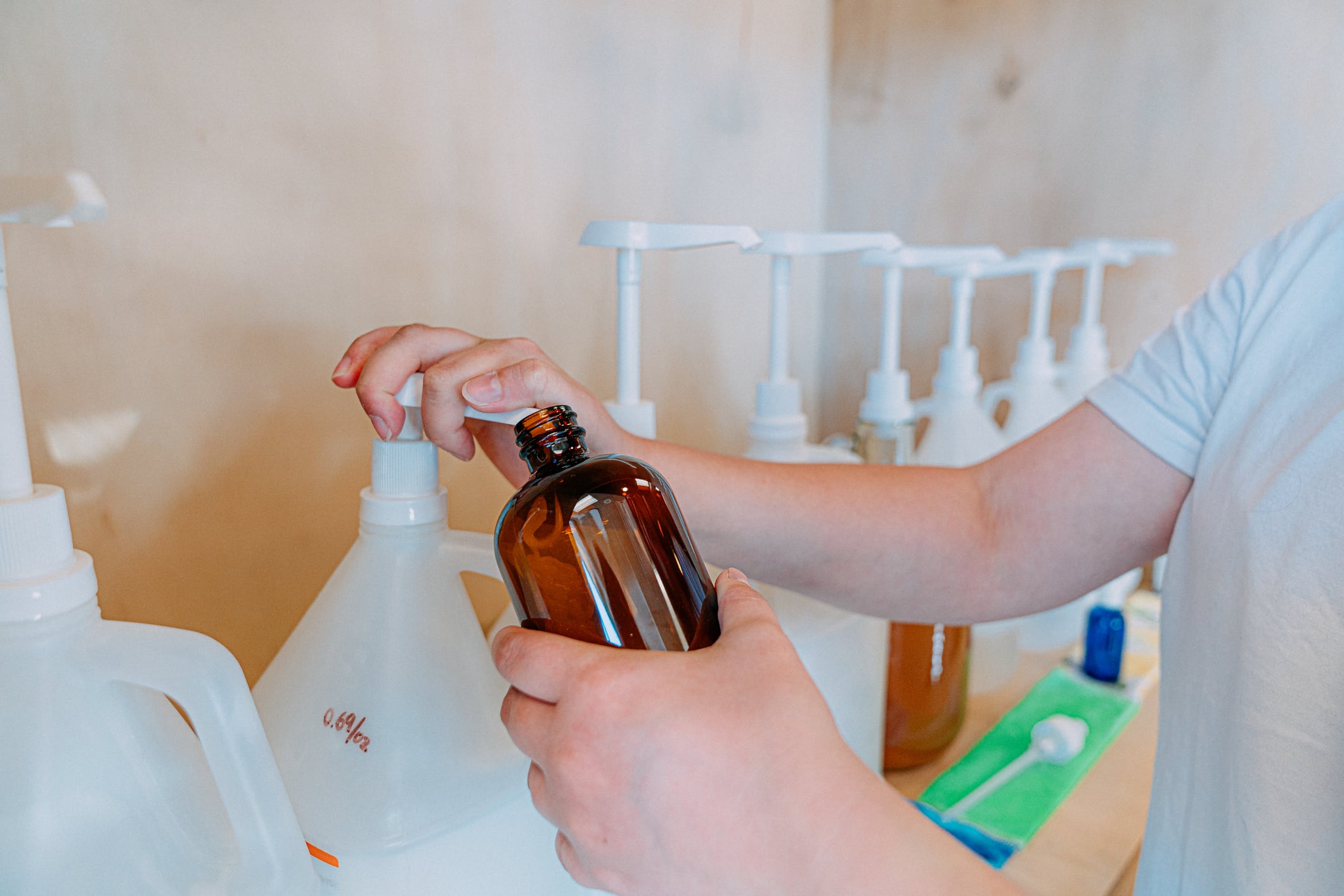Cosmetics Europe, along with the trade association for the pharmaceutical industry EFPIA, has launched legal proceedings in response to the new Urban Wastewater Treatment Directive (UWWTD) rules, which came into force on 1 January 2025.
The EU polluter-pays principle is a core concept of EU environmental policy that states that those responsible for environmental damage should pay to cover the costs of the damage they cause.
This refers to the prevention of pollution, remediation, liability (criminal, civil and environmental liability) and the costs imposed on society of pollution that does happen.
The UWWTD acknowledges that many substances flushed down the drain show up as ‘micropollutants’ in urban wastewater. To remove these, water treatment plants across Europe need significant upgrades, which the European Commission estimates will cost €1.2bn per year over the next two decades.
The vast majority of the cost – billions of euros – are set to fall onto just two sectors of European industry: the pharmaceutical and cosmetics sectors.
Contribution is not proportionate to the pollution caused
While both organisations say they understand why the new rules are in place, they also think the financial contribution should be proportionate to the pollution caused.
John Chave, who is director-general at Cosmetics Europe, said a new Brussels law on wastewater treatment “would disproportionately overburden the European cosmetics sector.”
Chave has said that while the cosmetics sector “is ready to pay our fair share” and believes in both the importance of clean water in Europe and the polluter pays’ principle, the trade association strongly objects to “the significant miscalculations in the Impact Assessment; the hesitancy of policymakers to go back and recheck these; and the disproportionate burden placed on our industry while other sectors pay nothing.”
“It is illogical that we’re being asked to pay a staggeringly higher amount than our fair share to cover the pollution of others,” he said.
Chave has previously raised concerns about the issue, which stems back to September 2023, when the European Parliament’s ENVI committee first voted for a report that would attribute the extra costs to the cosmetics industry, along with the pharmaceutical industry.
Financial benefits of €6.6bn per year by 2040
In December 2024, the EU said it was “taking an important step towards achieving its ‘Zero Pollution’ ambition, with the revised Urban Wastewater Treatment Directive.”
“The new rules will further protect human health and the environment from harmful discharges of urban wastewater and ensure cleaner rivers, lakes, groundwater and coasts across Europe,” it said in a statement.
The EU also shared that that the revised Directive “will bring financial benefits of approximately €6.6bn per year by 2040, far outweighing the estimated implementation costs, while simplifying reporting obligations for Member States.”
Concerns about EU global competitiveness
In a statement on Cosmetics Europe’s website, Chave highlighted that over the past year European policymakers have grown increasingly concerned about EU competitiveness and the risk of lagging behind the US and China, but despite this “a law passed just last December contains miscalculations that could cost European businesses billions.”
“As with most new legislation, the European Commission gets input from its own experts and from external consultants,” Chave continued.
He referred to a study initially conducted by the Commission’s experts at the Joint Research Centre (JRC) that was followed by an Impact Assessment by consultants.
“Based on the JRC study, Cosmetics Europe’s analysis of the contribution of the cosmetics sector to urban wastewater pollution is around 1%, with a range of other sectors involved,” he said.
However, he pointed out that this data “was inexplicably disregarded in the Impact Assessment, which suggested the cosmetics sector was responsible not for 1% but approximately 26% of the problem.”
He highlighted that every other sector was also left out “meaning that only the cosmetics and pharmaceutical sectors will have to cover clean-up costs for pollution, despite clearly not being the only users of substances that end up in wastewater,” he said.
Chave also believed that the total cost of water treatment upgrades have been underestimated.
“The European Commission estimated the cost at €1.2bn per year for the whole EU, but as individual countries begin to calculate their national costs, some are finding that the actual cost is at least four times higher – with even higher estimates likely to emerge," he stated.
“To be clear, the cosmetics sector is ready to pay our fair share,” said Chave. “It is illogical that we’re being asked to pay a staggeringly higher amount than our fair share to cover the pollution of others.”
Indeed, in the EU the cosmetics sector is a strong contributor to the economy and Chave said he had concerns that for some SMEs, adding that “this one new law alone could force them to close, impacting jobs and local economies throughout Europe.”
Cosmetics Europe is now asking policymakers to revisit the Impact Assessment “to properly calculate the contribution of our sector compared to others, as well as the total cost of wastewater treatment upgrades. A fair application of the polluter pays principle will also incentivise other sectors to reduce their emissions,” he continued.
“This situation needs to be addressed or else this will be the next case study of another European industry needlessly harmed by well-intentioned but damaging policymaking.”
EFPIA has similar concerns
The pharmaceutical industry’s trade association the EFPIA has also filed an application before the General Court of the European Union to challenge the extended producer responsibility obligations of the Urban Wastewater Treatment Directive (UWWTD) for the same reasons.
“We are seeking legal clarity on the Directive, having tried, and failed, to gain clarity from the European Commission on the rationale to hold only pharmaceutical and cosmetics industries responsible for Europe’s water pollution, despite evidence to suggest that other sectors should be included,” the EFPIA director-general Nathalie Moll said in a statement on the organisation’s website.
“EFPIA and its members support the polluter-pays principle that all producers should be held accountable and bear the costs of water pollution based on the volume and hazardousness of the substances they are responsible for. The industry remains 100% committed to paying its fair share for cleaning up micro-pollutants resulting from the use of its medicines.”





